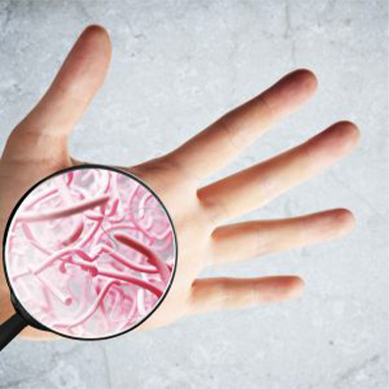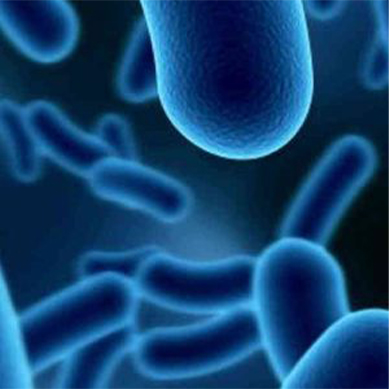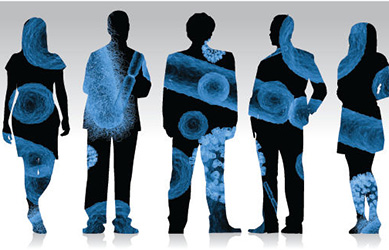Skin Microbiome & Cosmeceuticals Congress: Europe
Location:
The Postillion Convention Centre, The Hague, The Netherlands
Date:
23 rd Apr 2024 to 24 th Apr 2024
Field:
Life Science
Subject:
Microbiome, Skin Microbiome
Showing 1–4 of 24 results

Skin Microbiome & Cosmeceuticals Congress: Europe
Location:
The Postillion Convention Centre, The Hague, The Netherlands
Date:
23 rd Apr 2024 to 24 th Apr 2024
Field:
Life Science
Subject:
Microbiome, Skin Microbiome

Microbiome & Probiotics R&D and Business Collaboration Forum: Europe
Location:
The Postillion Convention Centre, The Hague, The Netherlands
Date:
23 rd Apr 2024 to 24 th Apr 2024
Field:
Life Science
Subject:
Microbiome

Workshop – Unlocking Potential: Academia-Industry Partnerships in the Microbiome Space (In-person)
This is an in-person (face-to-face) workshop, register now to join for FREE
Location:
Singapore
Date:
6 th May 2024 to 6 th May 2024
Field:
Life Science
Subject:
Microbiome
Secure payment

Microbiome R&D and Business Collaboration Congress: Asia
Location:
SINGAPORE
Date:
7 th May 2024 to 8 th May 2024
Field:
Life Science
Subject:
Microbiome
Sponsor a Global Engage meeting to access senior professionals in the life science industry and build your brand. Our events offer extensive networking opportunities, workshops, speaking positions, one-to-one delegate meetings, and exhibition booths to showcase your products and services. Gain a competitive advantage and position your company as a thought leader. Call us at UK +44 (0)1865 849841 Malaysia +603 2779 0098 to learn more.
Only products with same currency can be added to the basket. Clear the basket or finish the order, before adding products with another currency to the basket.